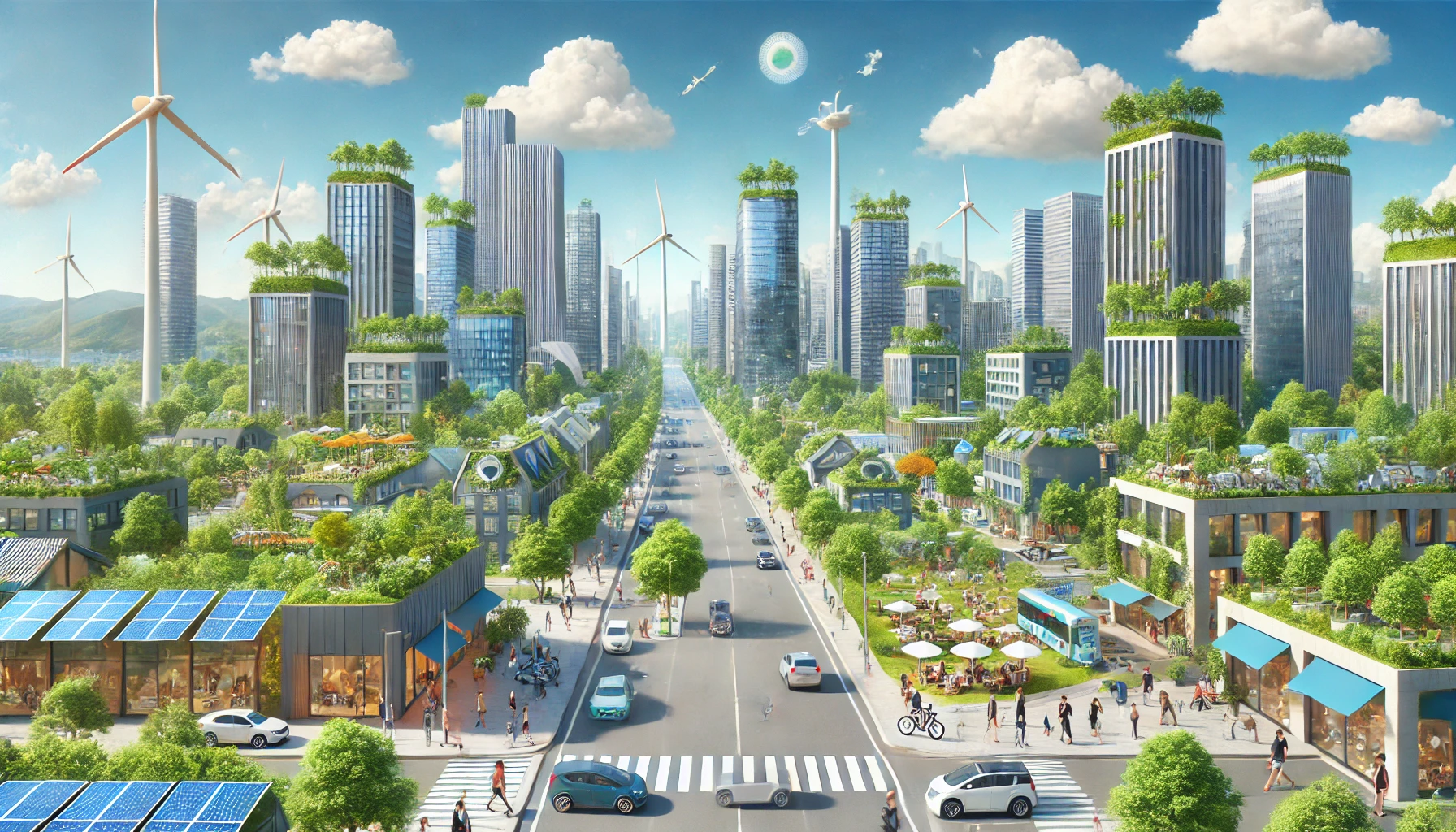World Bank Approves $300M Loan to Improve Air Quality and Public Health in Punjab
Recognizing the critical role of community involvement in achieving cleaner air, PCAP emphasizes behavioral change and citizen engagement.

- Country:
- Pakistan
The World Bank Group Board of Directors has approved a $300 million International Development Association (IDA) loan for the Punjab Clean Air Program (PCAP), a groundbreaking initiative aimed at strengthening air quality management and significantly reducing air pollution across the province. This funding will support the Government of Punjab's Smog Mitigation Action Plan (SMAP), launching comprehensive measures to tackle air pollution in key sectors, including transport, agriculture, industry, energy, and municipal services.
A Landmark Initiative for Cleaner Air
"The Punjab Clean Air Program supports the Province’s Smog Mitigation Action Plan and is a landmark initiative to significantly improve air quality and enhance the health and well-being of millions of residents,” stated Najy Benhassine, World Bank Country Director for Pakistan. “Cleaner air will reduce the incidence of respiratory and cardiovascular diseases and contribute to a healthier, more livable environment.”
The PCAP aligns with the World Bank's new Country Partnership Framework (CPF) and sets a targeted goal of reducing fine particulate matter (PM2.5) levels by 35% over the next decade. This ambitious initiative aims to curb pollution-related health risks for over 13 million residents in Lahore Division, where air quality concerns have reached critical levels.
Key Measures and Investments
The Punjab Clean Air Program is structured around a multi-pronged approach to improving air quality through policy reforms, technological interventions, and public engagement. Notable interventions include:
-
Tackling Crop Residue Burning: The deployment of 5,000 super seeders to minimize crop residue burning, a major contributor to smog in the region.
-
Promoting Sustainable Transport: The introduction of 600 electric buses to reduce emissions and encourage a shift toward eco-friendly public transportation.
-
Strengthening Air Quality Monitoring: Expansion of regulatory-grade air quality monitoring stations across Punjab to enhance data collection and policy enforcement.
-
Enhancing Fuel Quality Testing: Establishment of two new fuel testing laboratories to ensure compliance with clean fuel standards.
-
Encouraging Public Awareness and Participation: Utilizing air quality data and emissions inventories to educate stakeholders on pollution sources, health risks, and mitigation strategies.
Public Engagement and Health Protection
Recognizing the critical role of community involvement in achieving cleaner air, PCAP emphasizes behavioral change and citizen engagement. Through targeted awareness campaigns, including in schools and hospitals, the program aims to inform the public about pollution sources, health risks, and preventive actions. Vulnerable populations will receive special advisories, ensuring that those most at risk are well-informed and protected.
Climate and Economic Benefits
Beyond improving air quality, the program is expected to generate significant environmental and economic benefits. PCAP's efforts to reduce PM2.5 emissions will also contribute to climate change mitigation, with an estimated reduction of 35.6 million metric tons of carbon dioxide over the next 12 years.
Additionally, the initiative will:
-
Support Farmers: Providing access to modern agricultural technologies to reduce emissions from traditional farming practices.
-
Create Employment Opportunities: Generating jobs in the electric bus and depot maintenance sectors.
-
Facilitate Vehicle Upgrades: Assisting vehicle owners in renewing aging vehicles to comply with cleaner emissions standards.
-
Enhance Institutional Capacity: Offering training and capacity-building programs for government officials to improve regulatory enforcement and policy implementation.
A Comprehensive Approach for Lasting Impact
“The Punjab Clean Air Program will significantly benefit farmers by improving access to advanced technologies for better crop management, create job opportunities in the e-bus and depot sectors, and support vehicle owners in renewing aging vehicles,” said Shyam Srinivasan, Task Team Leader for the Project. “Additionally, it will enhance the skills and knowledge of government officials through training and capacity building, ultimately contributing to a healthier and more sustainable environment.”
As Punjab continues to battle smog and deteriorating air quality, the PCAP marks a crucial step in addressing one of the most pressing environmental challenges in the region. By integrating policy reforms, technological advancements, and public engagement, the program seeks to deliver long-term improvements in air quality, public health, and economic sustainability. With the support of the World Bank, the Government of Punjab is poised to implement transformative changes that will benefit millions, ensuring a cleaner and healthier future for generations to come.
ALSO READ
World Bank and AFD Provide Additional €400 Million to Rebuild Earthquake-Hit Rural Homes in Türkiye
Global Digital Summit: World Bank unites leaders to bridge digital divide for inclusive future
World Bank Group Hosts Second Annual Global Digital Summit to Drive Digital Inclusion and Economic Growth
World Bank Approves $102M for Resilient and Accessible Microfinance Project in Pakistan
World Bank Bolsters Pakistan's Microfinance Amid Climate Risks










